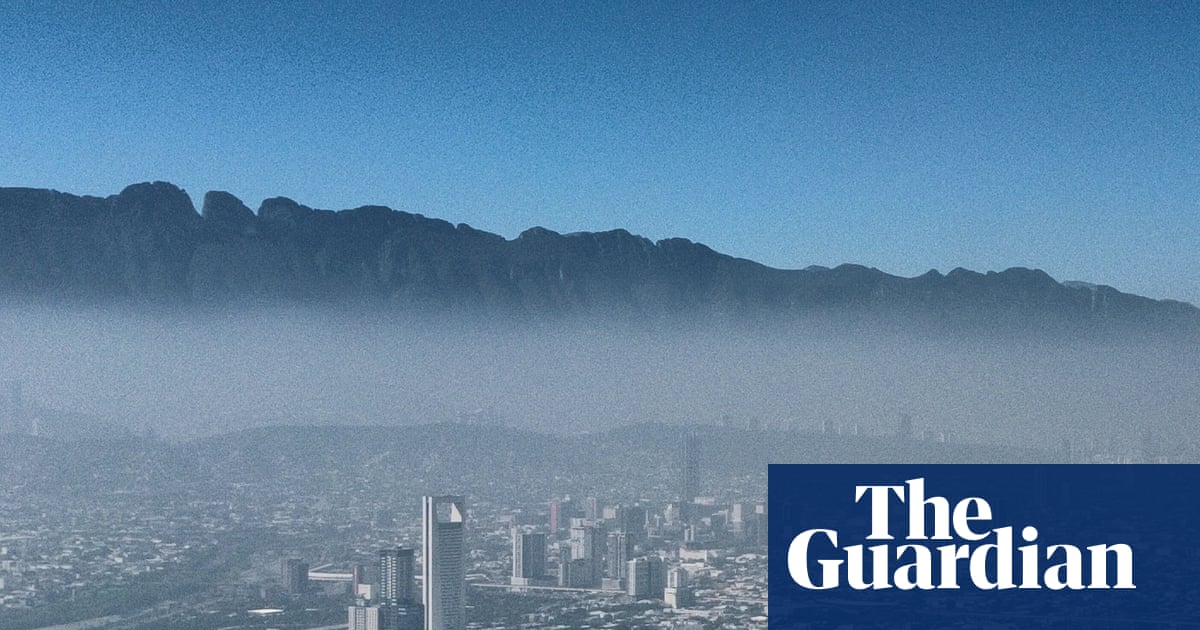The creditors who in effect own Thames Water have said they will commit to paying fines for pollution, as well as writing off more of their loans and investing more in the company, in new proposals to try to avoid the utility being forced into government administration.
The group of financial institutions, under the new London & Valley Water holding company, has been locked in talks for months with the regulator Ofwat since May over acceptable terms for the hugely complex restructuring of Britain’s biggest water company.
Thames Water has been crippled by huge debts built up over two decades by owners who have been criticised for paying out dividends without investing enough in its leaking pipes and malfunctioning treatment works.
The new plan, which is not yet legally binding, is aimed at finding a way forward that is acceptable to Ofwat and to the Labour government, including the newly installed environment secretary, Emma Reynolds.
Mike McTighe, the proposed future chair of Thames Water under the terms of the plan, said: “There is a huge amount of work to be done to turn around Thames Water and deliver the improved service and environmental outcomes that customers and local communities deserve.
“From day one, we will inject billions in new investment, strengthen Thames Water’s balance sheet, transform the company for thousands of hard-working frontline staff and begin the delivery of an operational turnaround that puts 16 million customers and the environment first.
“Together with committed and experienced new investors, the collective focus of the new board under London & Valley Water’s plan will be on fixing the foundations, reducing pollution and rebuilding public trust so that by the end of this decade Thames Water can once again be a reliable, resilient, and responsible company.”
The alternative to a creditor-led turnaround plan is a special administration regime (SAR), under which the water company would come under temporary government control to impose debt write-offs and find a buyer. The government has been keen to avoid SAR, claiming that it would cost too much – although any costs would be recouped in the eventual sale – and fearing calls for permanent nationalisation from MPs.
The creditors are also desperate to avoid SAR, as it would probably result in steeper debt write-offs. London & Valley Water said on Thursday that the investors would write off about £4bn of their loans, compared with about £3.2bn offered in May. Senior sources at Ofwat had previously expressed concerns that the level of debt write-off proposed by the creditors was not sufficient. Junior creditors will have their entire £1bn debt written off, as before.
The creditors also said they would invest about £150m more in new equity capital than previously suggested, taking the total to £3.15bn.
after newsletter promotion
Crucially, they are also understood to have dropped an insistence that Thames Water should be spared payment of future fines – a politically unpalatable demand that was explicitly opposed by the former environment secretary Steve Reed.
The creditors had previously insisted that it would be impossible for Thames Water to avoid ruinous fines, but they are now thought to believe that a new operational plan has reduced that risk.
The creditors would also commit to paying no dividends while under formal Ofwat oversight, and not selling the business before 31 March 2030.

 2 months ago
86
2 months ago
86

















































